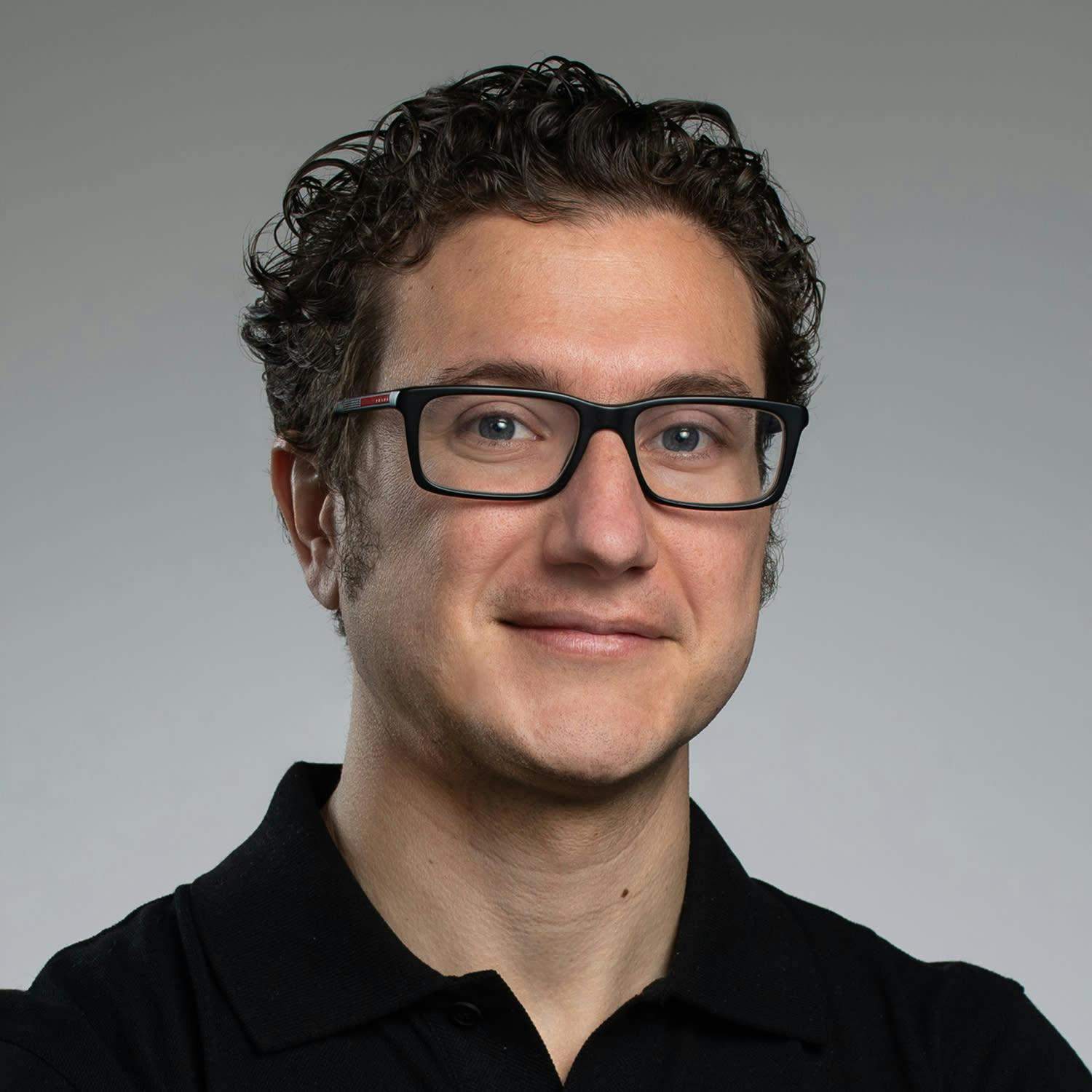Teddy Abrams
Making orchestral music vital and exciting, as a force for bridging divides.

Within minutes of attending his first orchestra concert at age 9, Teddy Abrams knew he wanted to be a conductor. Growing up in the Bay Area, he studied with legendary San Francisco Symphony director Michael Tilson Thomas, who helped him see how artistic leadership and civic engagement were intertwined. After posts at the New World Symphony and Detroit Symphony Orchestra, Abrams became the music director of the Louisville Orchestra in Kentucky in 2014. He arrived ready to embrace the city’s identity and provide a common cultural experience across the state’s urban-rural divide.
The result is a Louisville Orchestra with something for everyone, from Mozart, to collaborations with Jim James of My Morning Jacket, to hip-hop songs written by students through the orchestra’s unique Rap School program. Most recently, Abrams composed a site-specific piece for Mammoth Cave National Park that the Louisville Orchestra performed with cellist Yo-Yo Ma inside the cave’s reverberating walls.
Abrams sees an orchestra as a public service. Under his leadership, the Louisville Orchestra has emphasized programs that educate and boost engagement, like holding free concerts in neighborhoods traditionally disconnected from Louisville’s art scene. The orchestra is currently on a two-year tour to bring performances to every county in Kentucky.
With the Emerson Collective Fellowship, Abrams will compose an orchestral work that tells the story of the state of Kentucky, co-written by its people. The raw material for the piece will come from community sessions Abrams conducts on visits around the state: time spent with Kentuckians music-making, storytelling, and sharing local history. Following the tour, Abrams will synthesize the new work, which the Louisville Orchestra will premiere in its 2025–26 season. The hope: that people from Kentucky will see themselves and one another in it, regardless of their beliefs, politics, or identities—and that it will offer a model for the rest of the country, too.
More about The Emerson Collective Fellowship.
Related content: